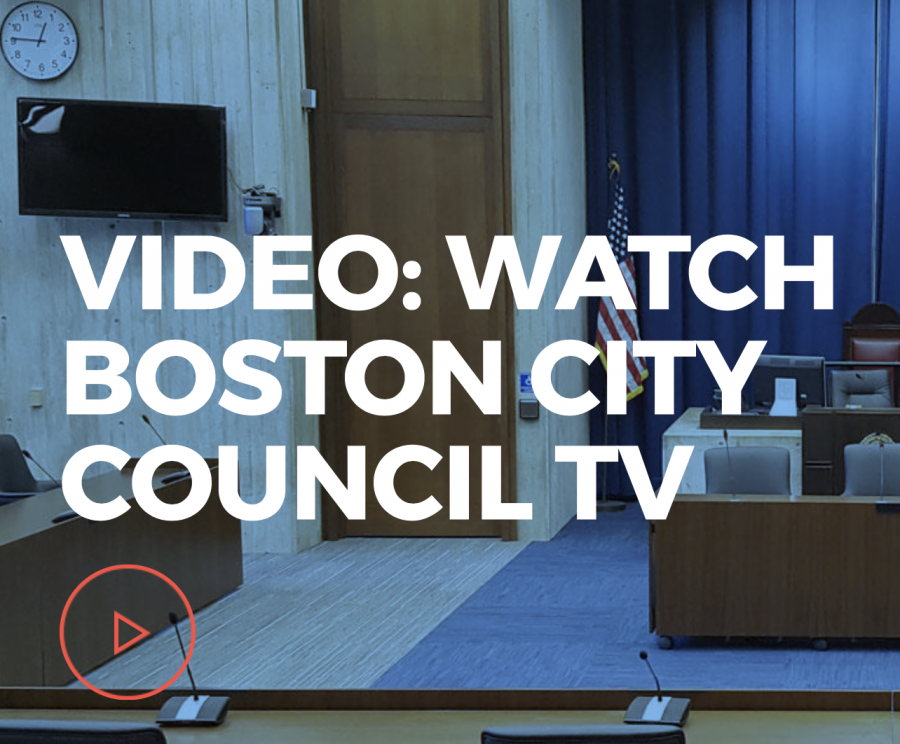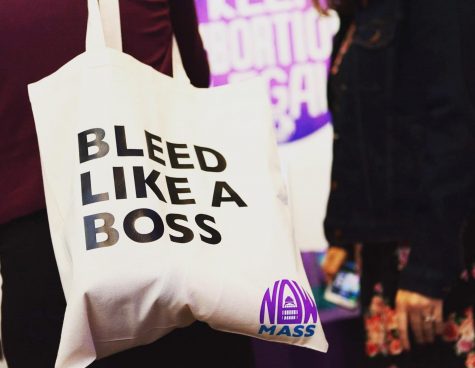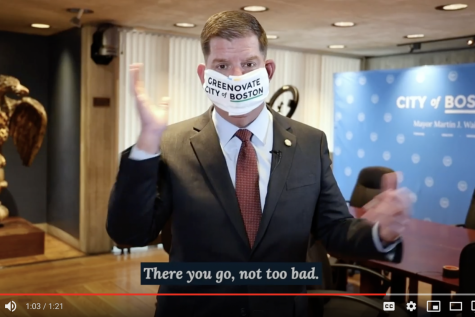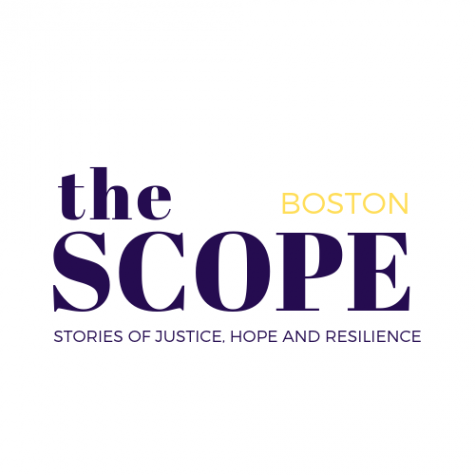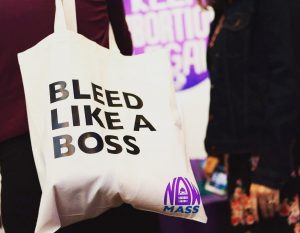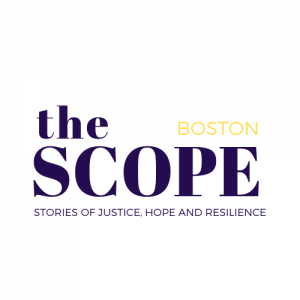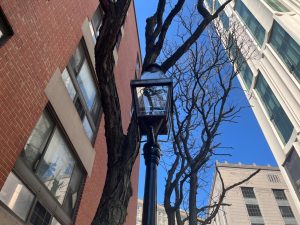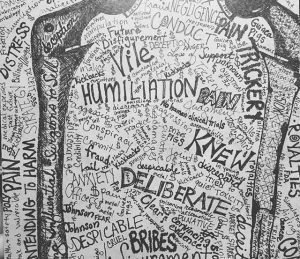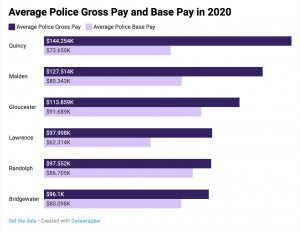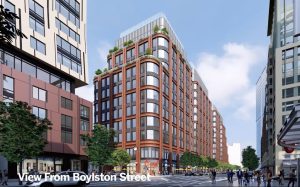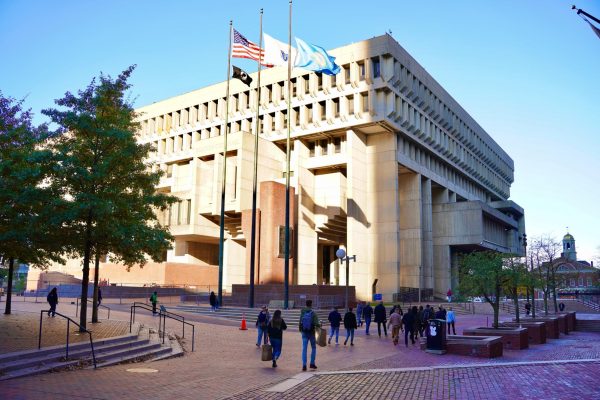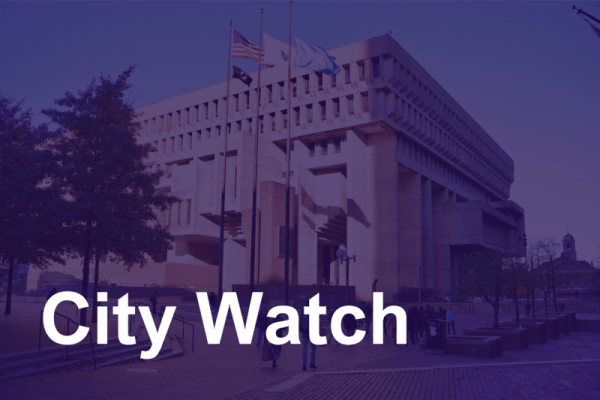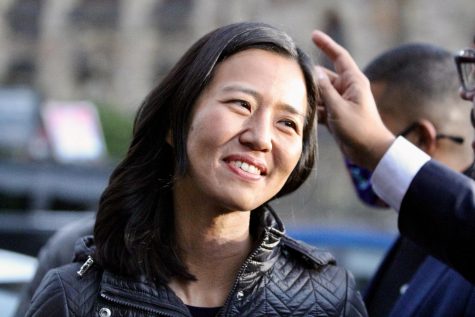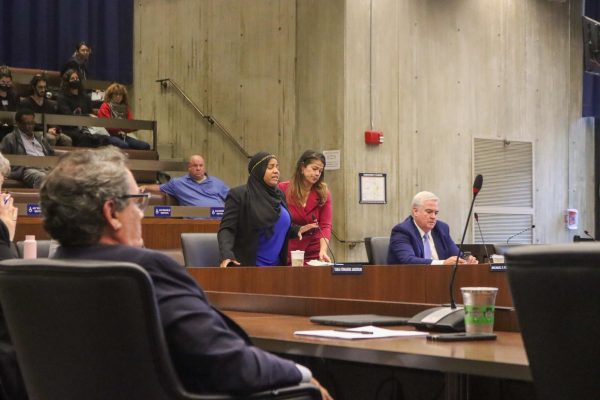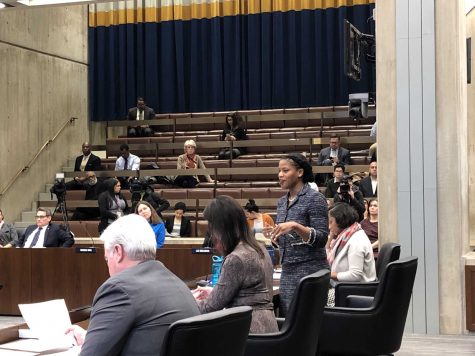City council discusses COVID-19 support for residents and MBTA service cuts
November 6, 2020
The city council this week discussed how to continue to support residents in the middle of the COVID-19 pandemic and the presidential election. The flu vaccine, support for restaurant owners and MBTA service cuts were on the agenda this week.
Some city councilors made statements about the election. The results were still unclear on Wednesday afternoon, and City Council President Kim Janey addressed the importance of council’s actions on issues that would make the city more equitable, even though all eyes are on the nation.
“We must stay focused on equity and inclusion in the city of Boston. […] We cannot wait for another George Floyd or Breonna Taylor, we must act now,” Janey said.
Hearing on access to the flu vaccine in Boston – Docket #1087
Councilor Matt O’Malley cited concerns about a “twindemic” on Wednesday afternoon, following Dr. Anthony Fauci’s warning on the risk of COVID-19 and the flu. A variety of flu vaccination options are available, most of which are covered by health insurance, and the city is also offering flu vaccine vouchers for the uninsured and underinsured. O’Malley said, however, “we need to do a better job getting out the word to people why they need to get these influenza vaccinations, and where they can.”
Flu shot clinics have been stationed at city hall plaza, but O’Malley said he wants to deploy vaccines fully into the neighborhoods, since many people aren’t comfortable taking public transit to these central locations.
“There’s no political downside to this,” he said.
The docket was referred to the committee on public health.
Hearing on expanding access for minority business owners – Docket #1088
Councilor At-Large Julia Mejia brought the history of Faneuil Hall Marketplace front and center in this week’s council meeting. The staple of Boston business was built by and named after a slave trader, and she said there are Black and brown business owners who feel uncomfortable using it at a place of business. Mejia said it is necessary to make space for these businesses elsewhere.
“There’s an opportunity to use this time to create space for Black and brown businesses in spaces that have not always been available to them,” Mejia said. The hearing she ordered is aimed at finding ways to support these businesses and encouraging minority entrepreneurs not to only open businesses in their own neighborhoods, but all over Boston.
The docket was referred to the committee on small business and workforce development.
Order for hearing about the Boston Police Department’s gang database – Docket #1089
Councilor Andrea Campbell, chair of the committee on public safety and criminal justice, wants to re-examine the database currently used to collect gang information on Boston residents. Boston’s population is about 25% Black and about 20% Latinx, according to Campbell, but over 90% of people listed in the gang database are Black and Latinx.
The database scores over 5,000 individuals on what Campbell describes as an arbitrary point system, which looks at who an individual associates with, whether they’ve been a victim of gang violence, and other factors. The database is used not only by police, but by schools, the courts and other government agencies. What happens when they list an individual wrongfully? Councilor Ricardo Arroyo, a former public defender, has seen the harm that the database can cause. According to Arroyo, the people in the database have no chance to refute the information if it’s wrong, and are never informed of their presence in the system. They only find out at critical moments when they become involved with immigration or criminal courts.
“There’s clearly racial biases, over policing [and] over surveillance of communities of color that are in play with this,” he said.
Arroyo said other major cities like San Francisco, Chicago and New York have investigated the use of similar gang database systems and found them deeply flawed. Councilor Kenzie Bok cited a recent federal case of Boston gang database information being used to wrongfully deport an individual..
The docket was referred to the committee on public safety and criminal justice.
Opposing service cuts to the MBTA – Docket #1090
The city council must once again oppose service cuts to the MBTA in the middle of the COVID-19 pandemic, Councilor At-Large Michelle Wu said. After months of increased service, which allowed for faster service and more effective social distancing, the MBTA cited a need to increase revenue by cutting service across the system. Wu said that the system is focusing “on budget numbers rather than health, safety and the future of our recovery.”
While the MBTA said they will prioritize lines that service essential workers, they shouldn’t be decreasing services and making social distancing more difficult while cases surge in the city, Wu said. The proposed service cuts will go to the fiscal management and control board within weeks, and Wu asked the council to go on record in support of expanding public transit when it’s needed most — not cutting it.
Campbell added that not only do essential workers need public transit more than ever, but survivors of domestic violence and other residents need to make it to court.
“People still need to go in person to get solutions and services,” she said.
The docket was adopted.
Hearing on fee waivers for restaurants during COVID-19 – A late file docket proposed by Councilor Ed Flynn
“During this difficult economic time, many of our restaurants are continuing to close almost every day,” Flynn said. As these small businesses continue to suffer, Flynn proposed waiving license renewal fees and other fees paid to the city, or allowing businesses to pay them in installments on a payment plan.
Councilor At-Large Annissa Essaibi-George voiced her support for the plan, and emphasized that the issue is timely since these fees are due at the beginning of the month. However, she said she wants to keep in mind the impact this plan may have on city revenue, and how it might impact resources for other essential council endeavors. O’Malley voiced his support for the measure as well, and offered a plan to at least delay fees’ due dates.
“This industry has just been walloped by this pandemic, we will see likely a fifth to a quarter of all restaurants likely closed in Boston,” O’Malley said.
The docket was referred to the committee on small business and workforce development.
Commemorating Veterans’ Day – A late file docket proposed by Flynn
Flynn, a U.S. veteran, asked the council to join him in recognizing military veterans and their families ahead of Veterans Day. The council honored all veterans, especially those who are women, LGBTQ+, veterans of color and veterans with disabilities.
“The reality is that the experiences of women and people of color in our military have been impacted by the very same inequities and injustices that we have seen play out in our civilian government,” said Arroyo, who cosponsored the docket.
Both councilors recognized the need to further support veterans in Boston, whether they are veterans who are homeless, require mental and substance abuse healthcare or those among the 25 veterans a day lost to suicide.
The late file has been adopted.

